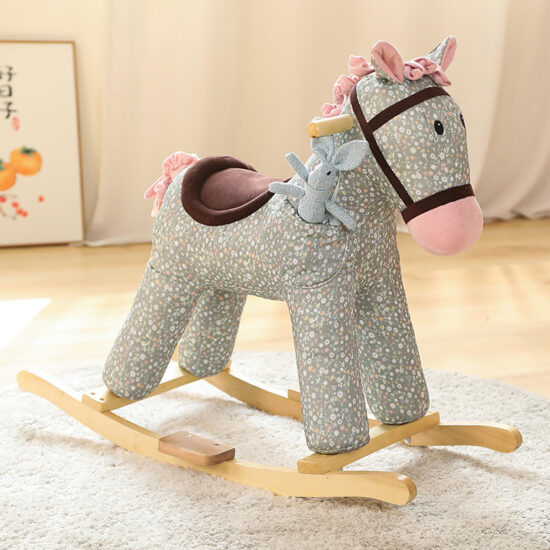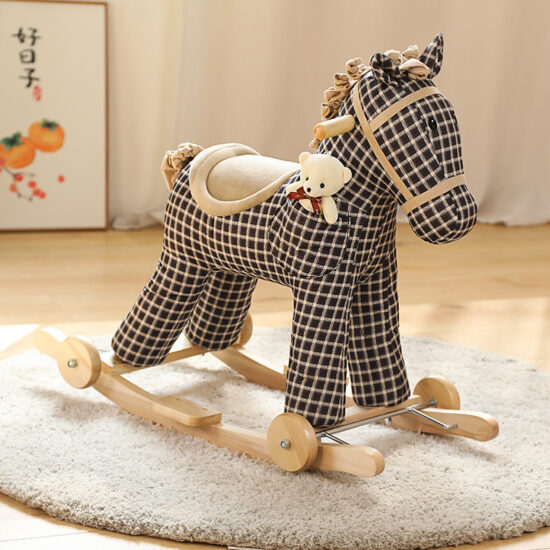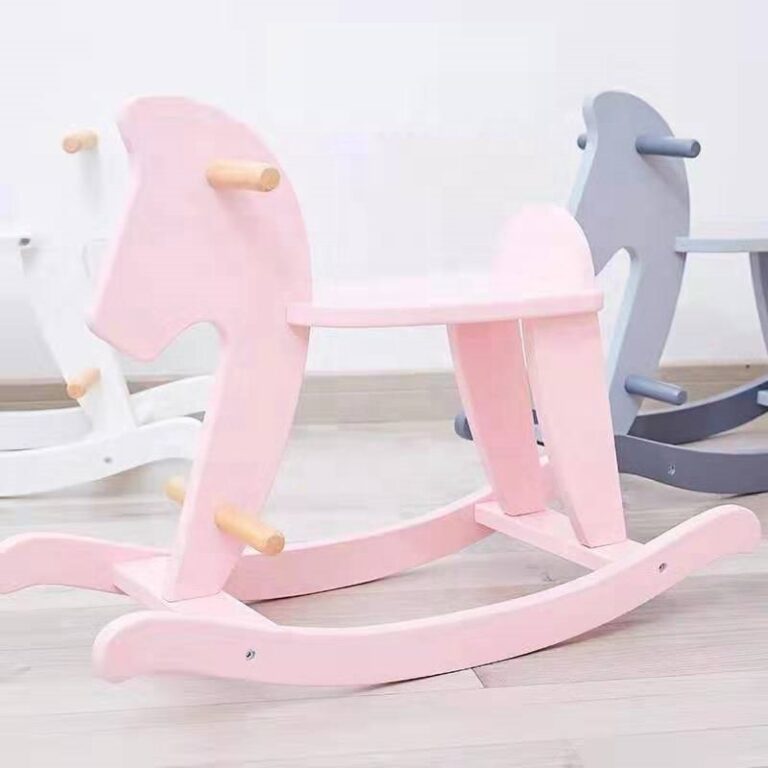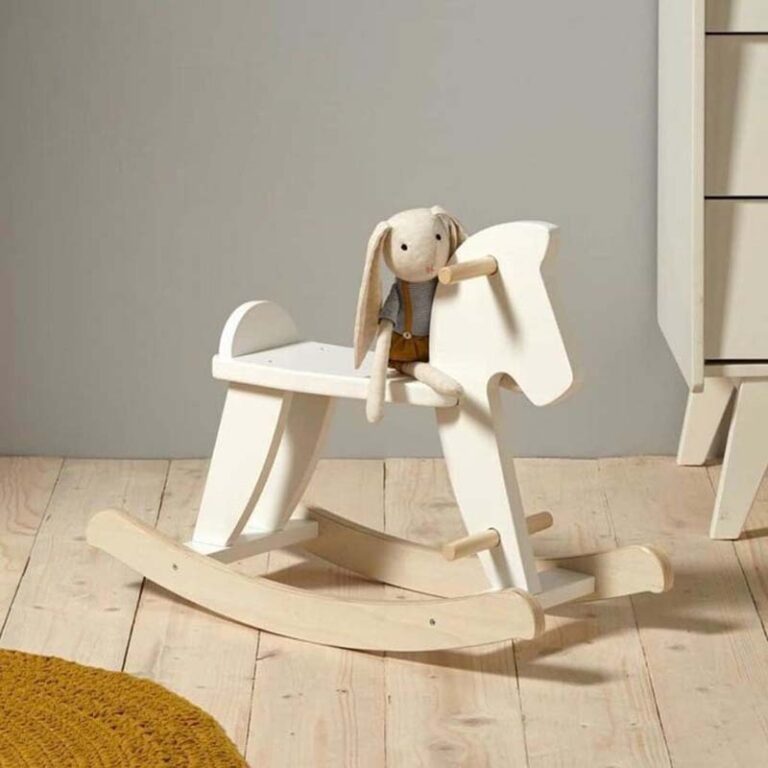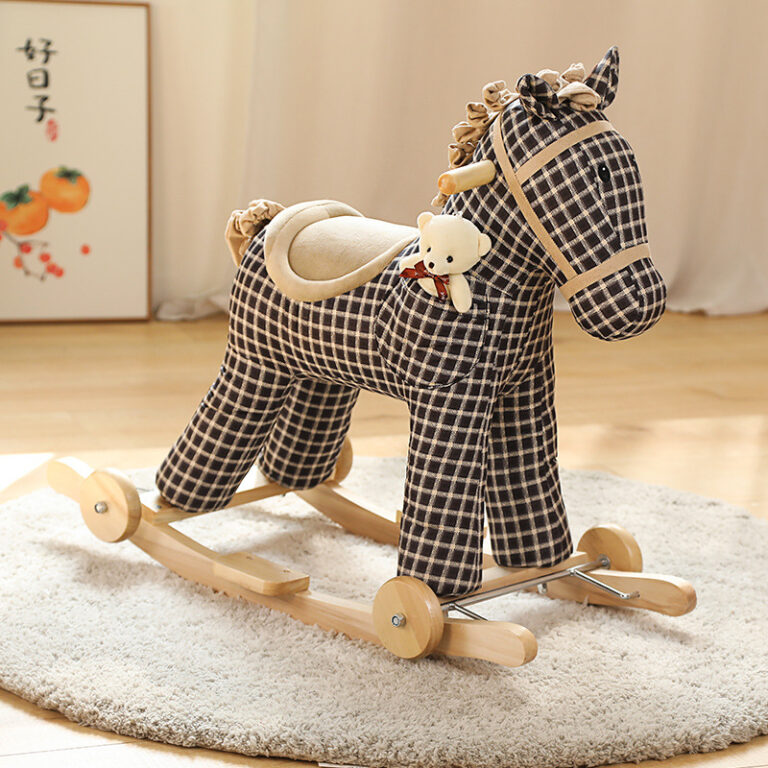jay@nbdho.com
Why More Brands Are Choosing Wooden Toys as Their Core Product Line
In recent years, wooden toys have experienced a major resurgence in the global toy industry. No longer confined to boutique stores or niche markets, wooden toys are now becoming the core product lines for many leading toy brands. This trend is driven by several key factors that align with changing consumer behavior, environmental concerns, and market demands.
First, there’s a growing preference among consumers—especially millennial and Gen Z parents—for eco-friendly and sustainable products. Wooden toys, made from renewable resources like FSC-certified wood, are seen as a greener alternative to plastic toys. They are biodegradable, recyclable, and often leave a lower carbon footprint during production. By adopting wooden toys, brands are not only meeting eco-conscious expectations but also reinforcing their commitment to environmental responsibility, which enhances their brand image in the eyes of today’s mindful consumers.
Second, wooden toys offer high educational and developmental value. Unlike many electronic or flashy plastic toys, wooden toys are typically designed to be open-ended. They encourage creativity, motor skills, and problem-solving abilities in children. Educational systems like Montessori and Waldorf promote the use of wooden toys, emphasizing imagination and natural learning. This makes wooden toys a favorite among educators and parents alike, positioning them as a meaningful and purposeful product category for toy brands.
Third, the aesthetic and timeless nature of wooden toys plays a significant role. Their natural look, smooth texture, and minimalist design appeal to both children and adults. Wooden toys fit beautifully into modern home interiors and are often considered decorative as well as functional. Unlike many plastic toys that quickly become outdated due to fast-changing trends, wooden toys retain a classic charm and are often kept as keepsakes or even passed down through generations.
Another reason brands are making the shift is strong market demand. Retailers—ranging from boutique shops to large chain stores—have seen a steady increase in consumer interest in natural, safe, and durable toys. Wooden toys perform particularly well in the gifting market and during the holiday season. Moreover, they tend to comply more easily with international safety standards like EN71 and ASTM F963, which adds an extra layer of trust and market readiness.
Lastly, wooden toys offer excellent flexibility in terms of customization and branding. Manufacturers can offer OEM and ODM services, allowing brands to create custom shapes, printed designs, logos, and packaging. This versatility enables brands to quickly develop private label wooden toy lines that are unique and aligned with their brand values. From puzzles and stacking blocks to kitchen sets and toy vehicles, the product possibilities are wide-ranging.
In conclusion, wooden toys are more than a nostalgic return to traditional play—they represent a forward-thinking, sustainable, and profitable direction for modern toy brands. As demand continues to grow, brands that embrace wooden toys as core products will benefit from stronger customer trust, long-term value, and differentiation in a competitive market. For businesses looking to make this shift, partnering with a reliable manufacturer and wholesale supplier can make the process seamless and rewarding.
